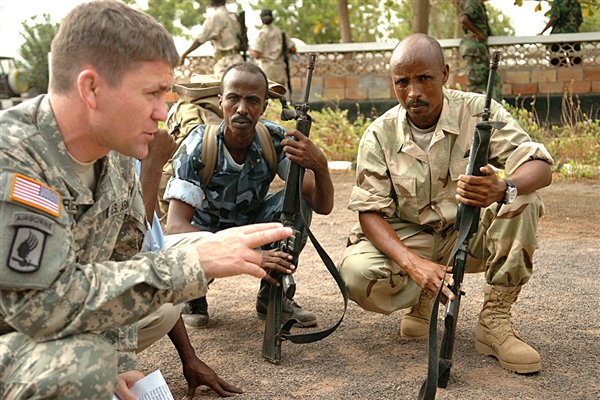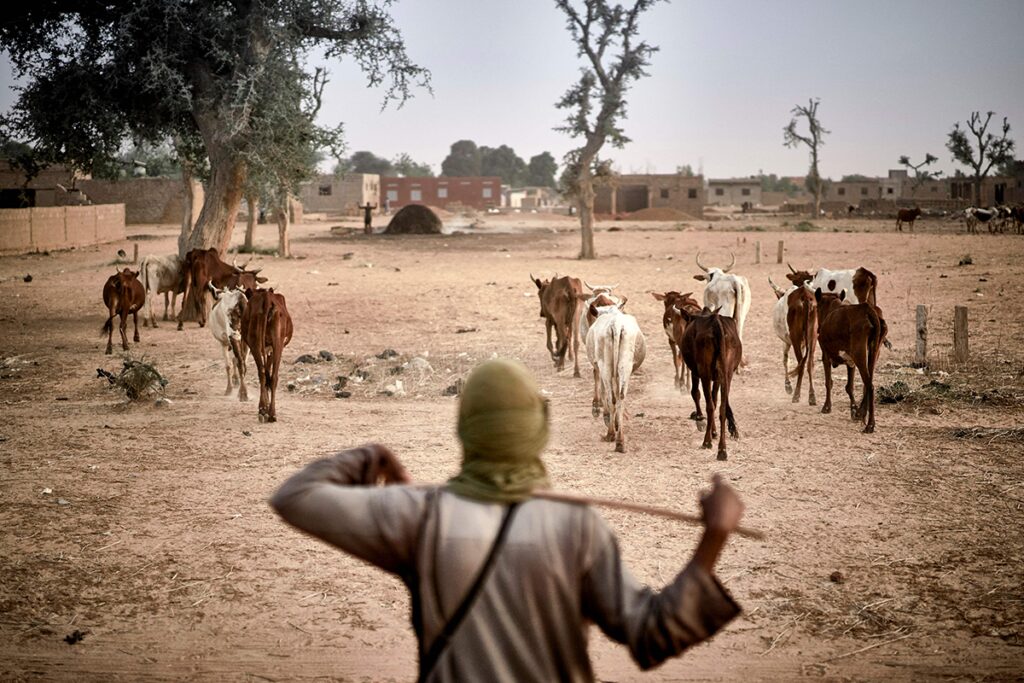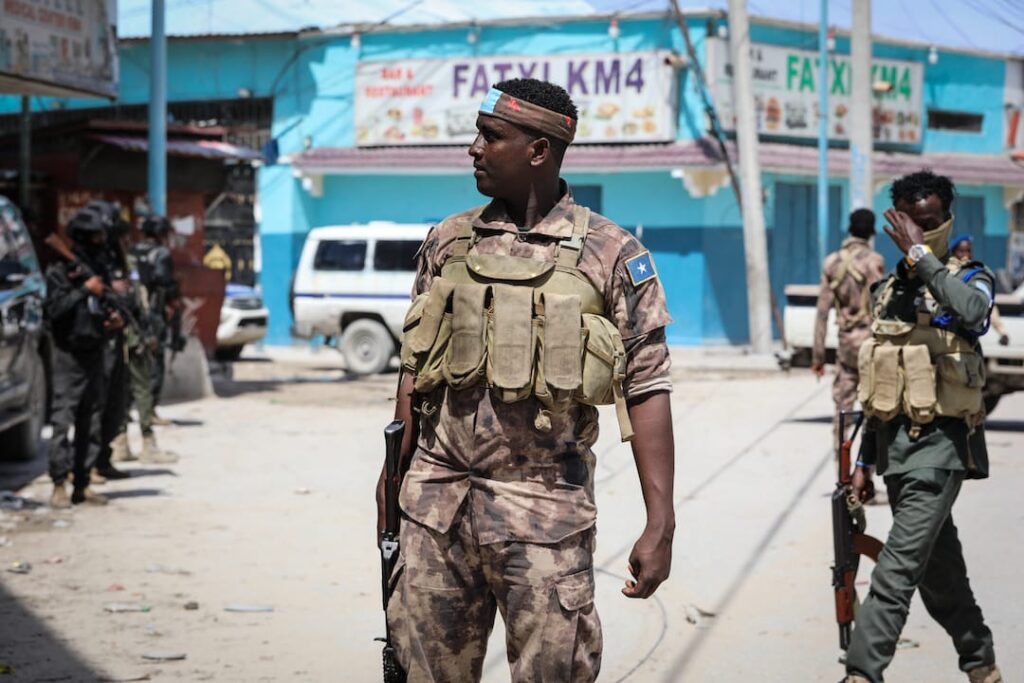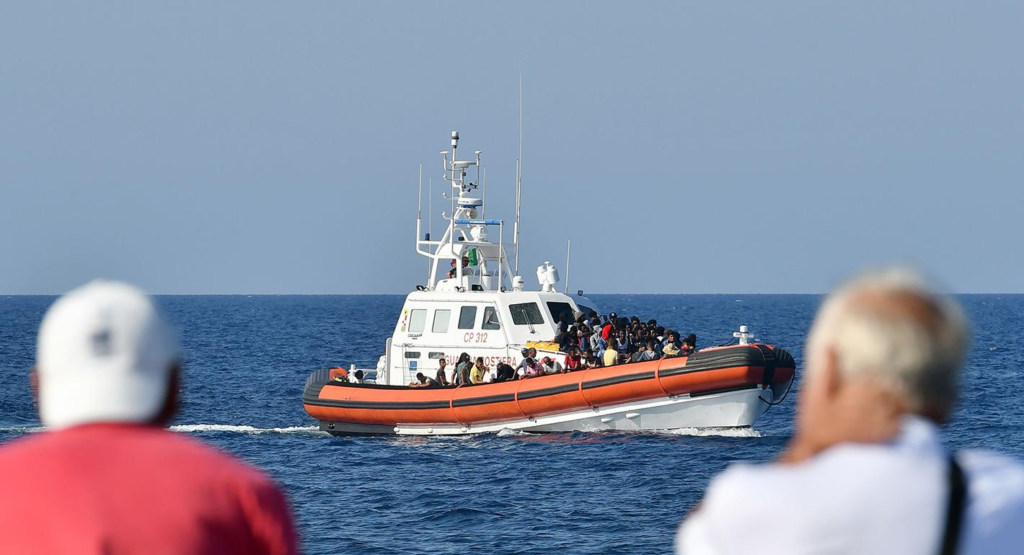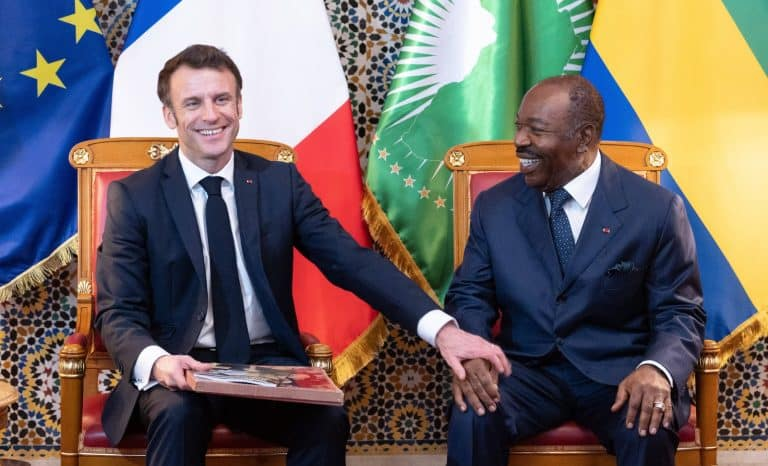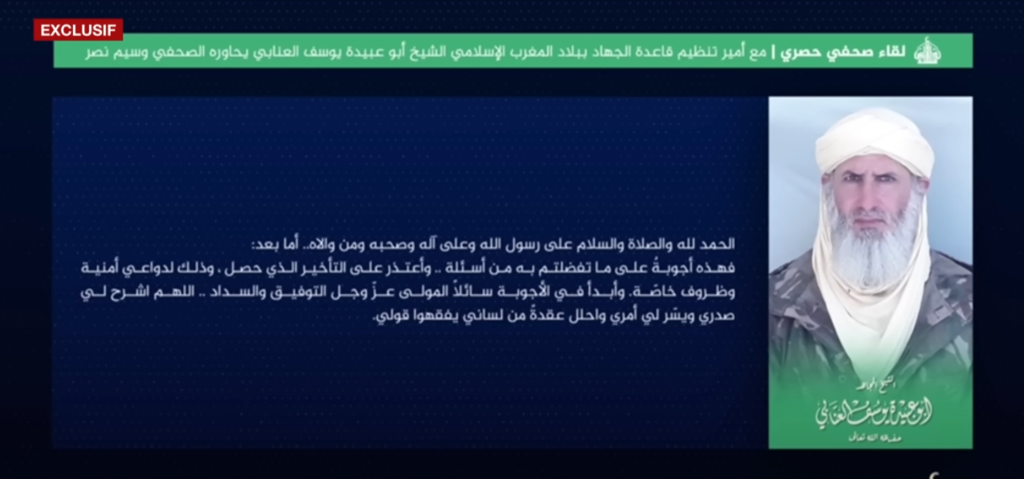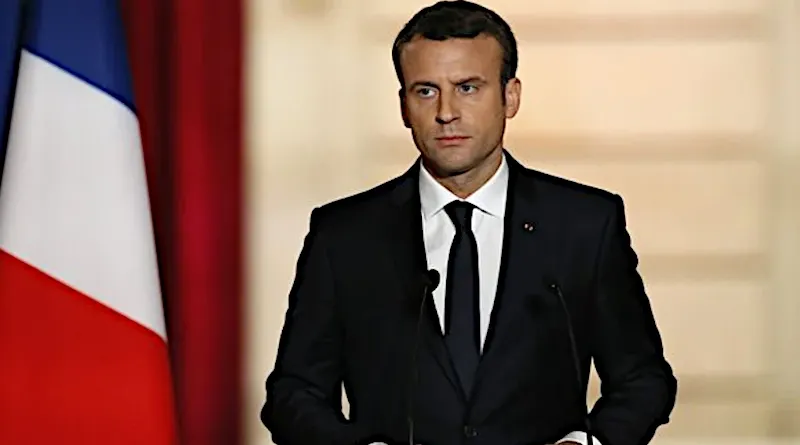Out of Africa: Financial Networks of Islamic State 2.0
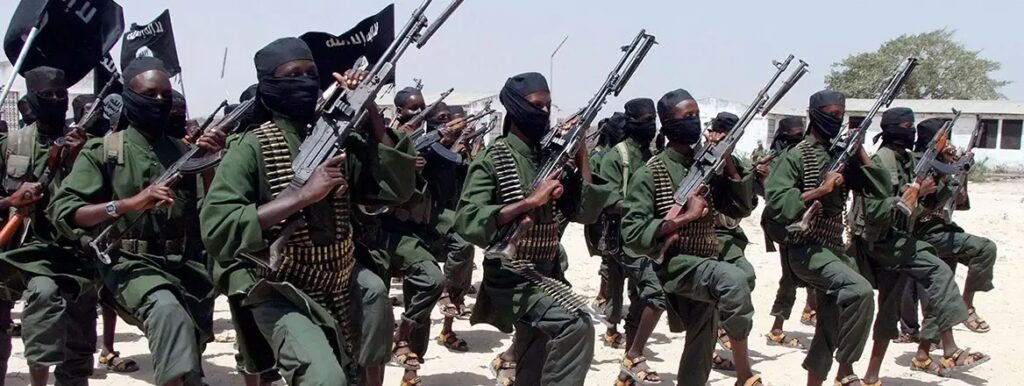
The killing of a prominent Islamic State financier in Somalia sheds light on the group’s transnational financial networks and shifting centre of gravity.
On 25 January 2023, US special forces killed well-known extremist Bilal Al-Sudani, together with nine associates, in northern Somalia. This has drawn media and expert attention to the role Somalia plays as a piece in the international jihadi jigsaw. Somalia is important not just because of the presence of Al-Shabaab but also because of the globally networked structure that Islamic State (IS) has created for finance and other purposes.

